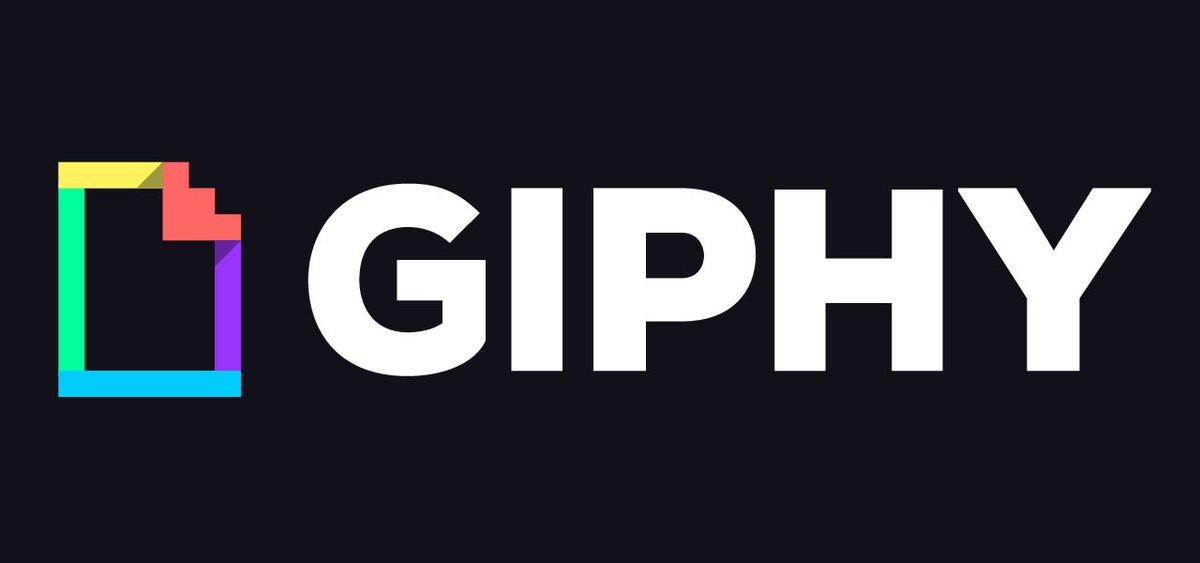Meta forced to sell Giphy to Shutterstock at 87 percent loss

Meta, formerly known as Facebook, has been compelled to sell its acquisition, Giphy, to Shutterstock for a significant loss of $262 million. This move comes as a result of pressure from UK regulators and the declining popularity of GIFs.
With limited interest in GIF platforms and the UK's Competition and Markets Authority (CMA) enforcing a sale, Meta found itself in a challenging position. This sale to Shutterstock marks a fire sale of sorts for Meta, as it grapples with changing trends and regulatory requirements.
Meta's decision to sell Giphy to Shutterstock for $53 million signifies a substantial financial setback. The sale was prompted by the UK's CMA, which ordered Meta to divest Giphy due to concerns over monopolistic practices and restricted access to Giphy content by competitors.
Having initially purchased Giphy for $315 million in 2020, Meta now faces a loss of $262 million. The sale also involves an additional fine of approximately $69.6 million imposed by the CMA for prior merger moves without approval. This outcome showcases the CMA's power to undo completed Big Tech deals, making it a precedent-setting case.

Shutterstock's acquisition strategy
Shutterstock's definitive agreement to acquire Giphy presents an opportunity for the stock image provider to expand its offerings and strengthen its position in the market. The integration of Giphy's extensive library, which includes over 1.7 billion daily users and 1.3 billion daily searches, enhances Shutterstock's API ecosystem.
The acquisition grants Shutterstock access to Giphy's 14,000-plus API/SDK integrations, expanding its capabilities and potential revenue streams. Additionally, Giphy's existing partnerships with media entities, such as Disney, NBC, and Netflix, and sports leagues like the NFL, open doors for Shutterstock to tap into new marketing and advertising avenues.
Big Tech is no longer pulling the strings
Meta's forced sale of Giphy raises concerns about the potential impact on future Big Tech acquisitions and technological innovation. The CMA's intervention in this deal and the undoing of a completed acquisition highlight the regulatory scrutiny faced by major tech companies.
Such interventions may deter investment and startup formation in the digital economy, not only in the UK but also internationally. This case sets a precedent for regulatory bodies worldwide, influencing the approach and scrutiny towards future acquisitions.
The repercussions of this forced sale extend beyond Meta's financial losses. It raises questions about the balance between regulatory oversight and fostering technological advancement.
As seen with Microsoft's recent attempts to acquire Activision, regulatory interventions can significantly impact the strategic plans of major tech players. The outcome of these cases will shape the future landscape of Big Tech acquisitions and may necessitate companies to tread more carefully when pursuing mergers and acquisitions.
Advertisement



















